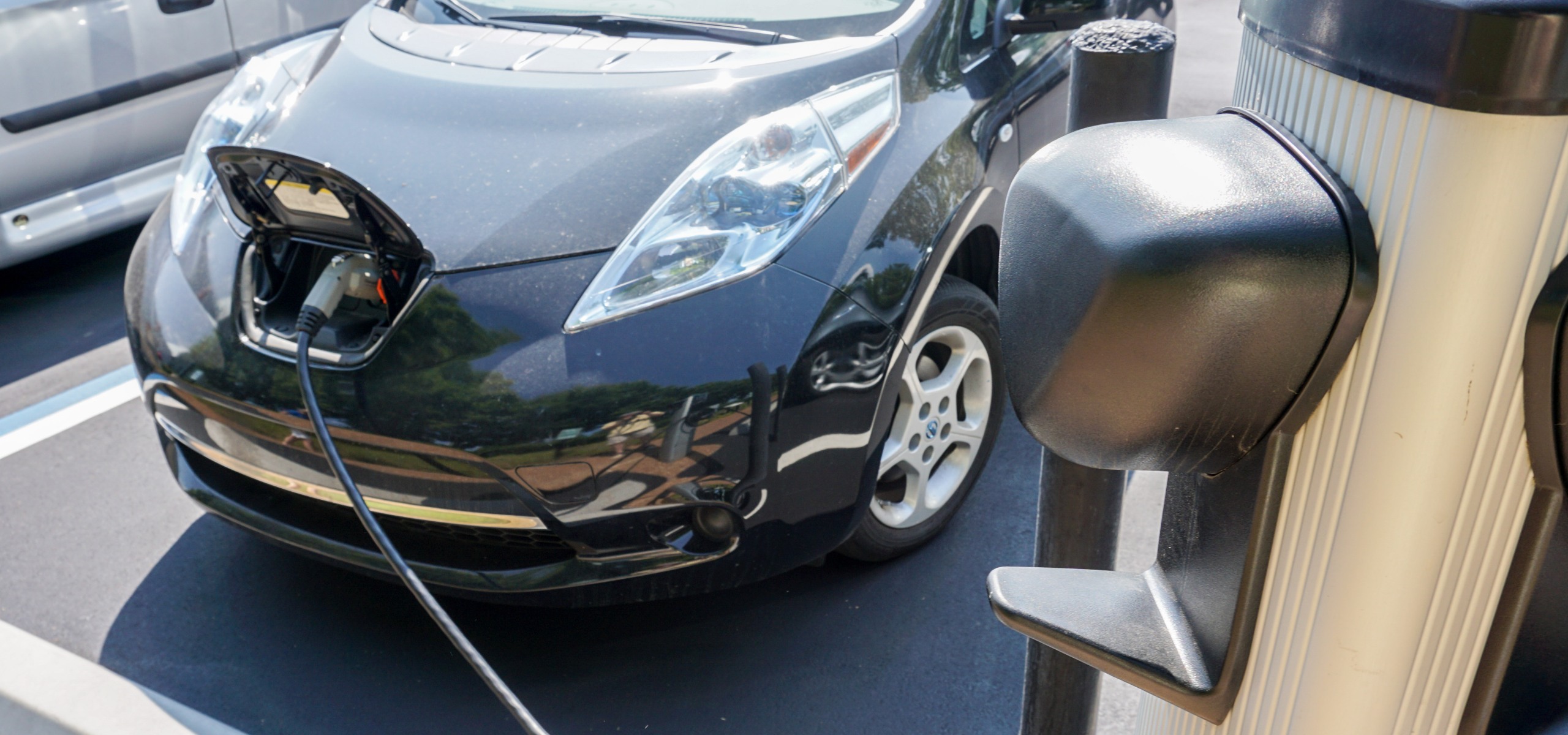Episode 204: How can semiconductors bring electric vehicles to the next stage?

Did you know that semiconductors can be used to enhance electric cars? On this week’s Energy Bite, Lisa Porter, a professor at Carnegie Mellon University, has some information.
Listen
Respond
- Electric Vehicle Basics – Department of Energy
- How Do All-Electric Cars Work? – Alternative Fuels Data Center
- Charging Smart (2017) – Union of Concerned Scientists
Transcript
HOST: Did you know that semiconductors can be used to enhance electric cars? On this week’s Energy Bite, Lisa Porter, a professor at Carnegie Mellon University has some information.
LISA: If you think about semiconductors, you probably think about them for computers—not cars. But, they play important roles there too. Semiconductors are used to distribute power to the Bluetooth-enabled devices on your “connected” car. Electric vehicles have a similar critical need for advanced power electronic systems that are more efficient and lower in cost while maintaining the range and other performance characteristics of conventional vehicles. Semiconductors can help reach those goals, and increase the likelihood that consumers will purchase an electric vehicle.
HOST: So, how can semiconductors improve the performance characteristics of electric vehicles?
LISA: Electric vehicles consist of three basic units: a power system, such as a battery, a control system and a propulsion system. The battery converts chemical energy to electrical energy. This electrical power must be regulated and distributed to different parts of the vehicle. And, a large portion of that electrical power must be converted to physical power through the propulsion system. Advanced semiconductors have the potential to more efficiently handle and distribute the high powers to the propulsion system and to other parts of the car.
HOST: If you don’t own an electric car now, would you be more likely to do so if it could travel as far as a traditional car before taking on more energy? Take our poll, see the results, and ask your energy questions at Energy Bite dot org.
 Energy Bite
Energy Bite 
